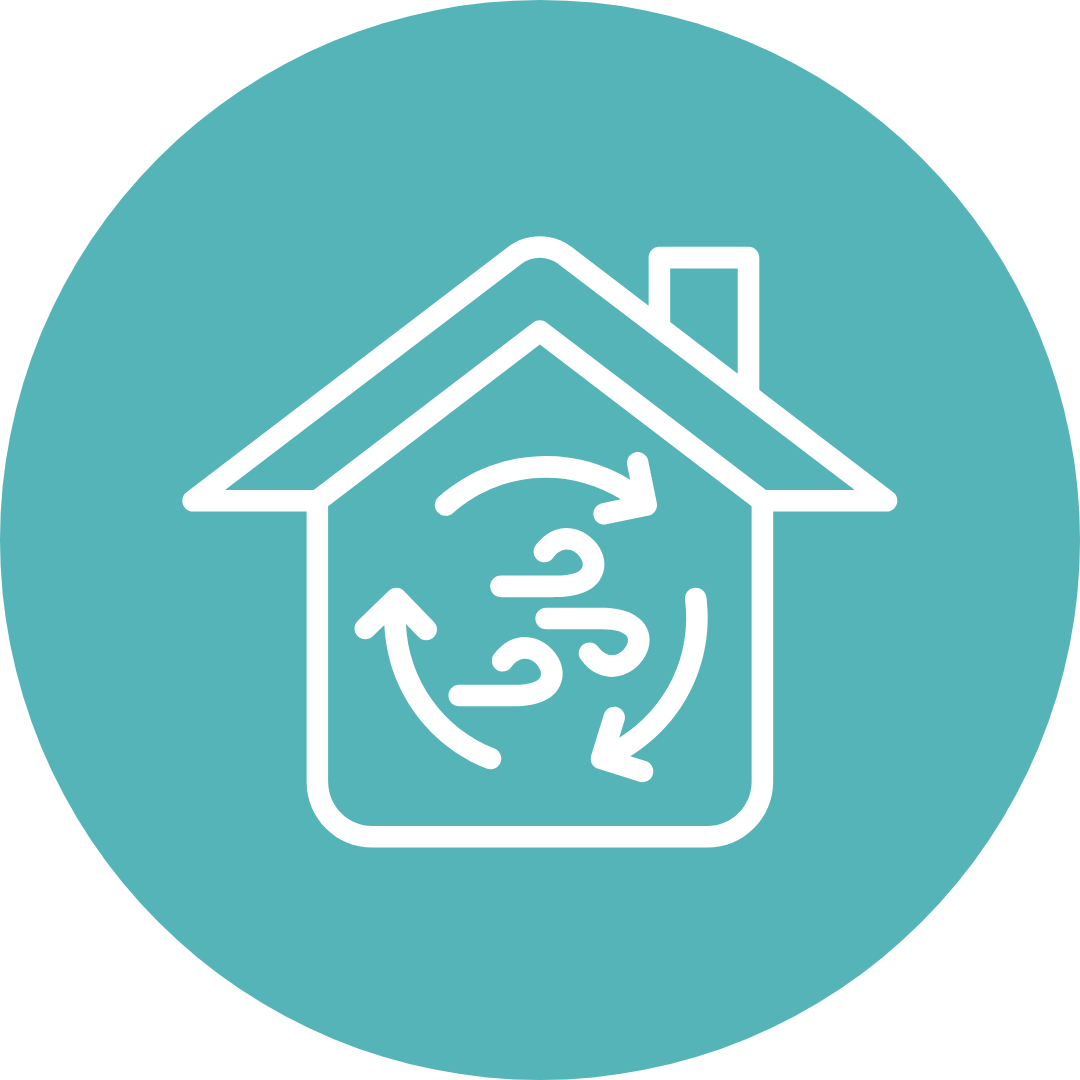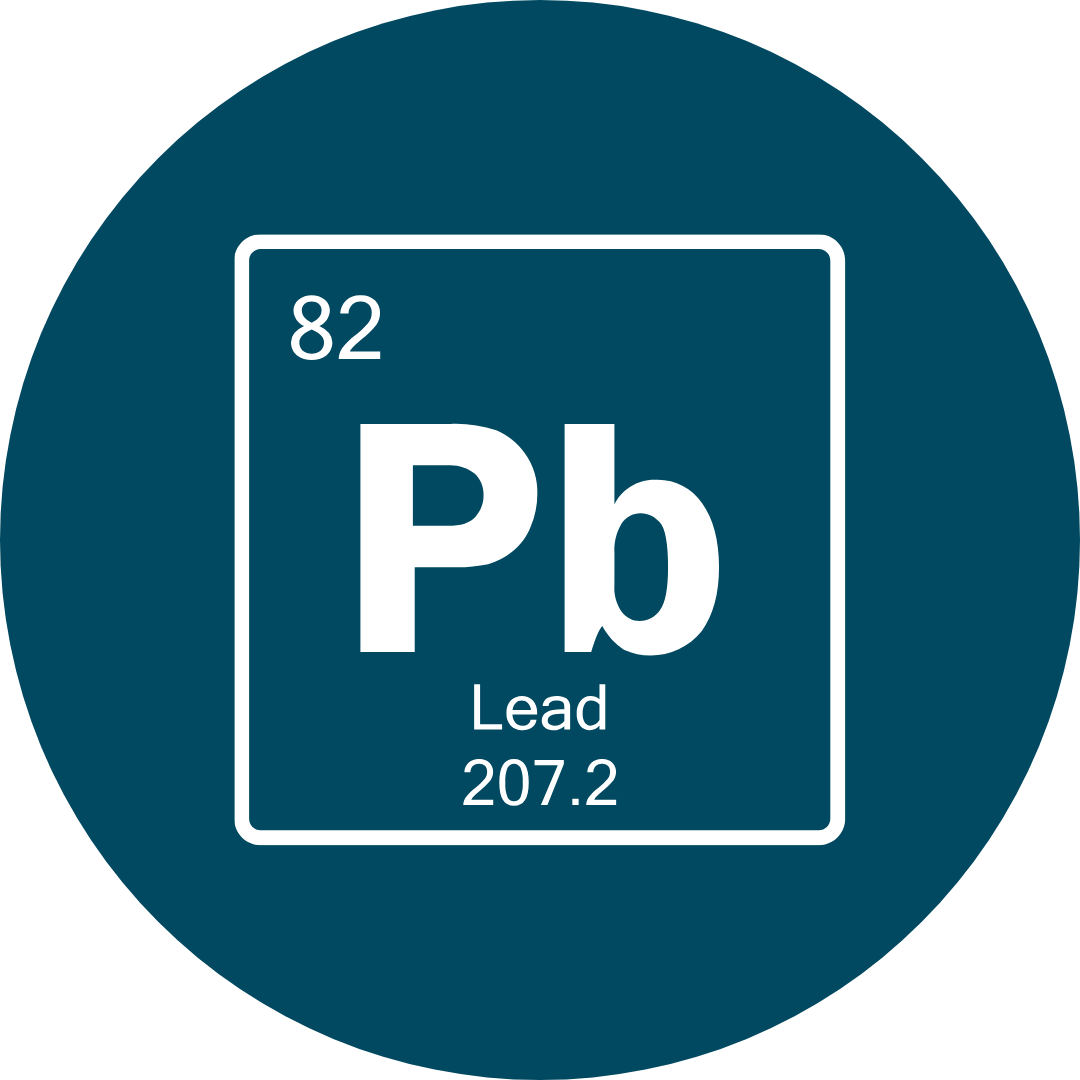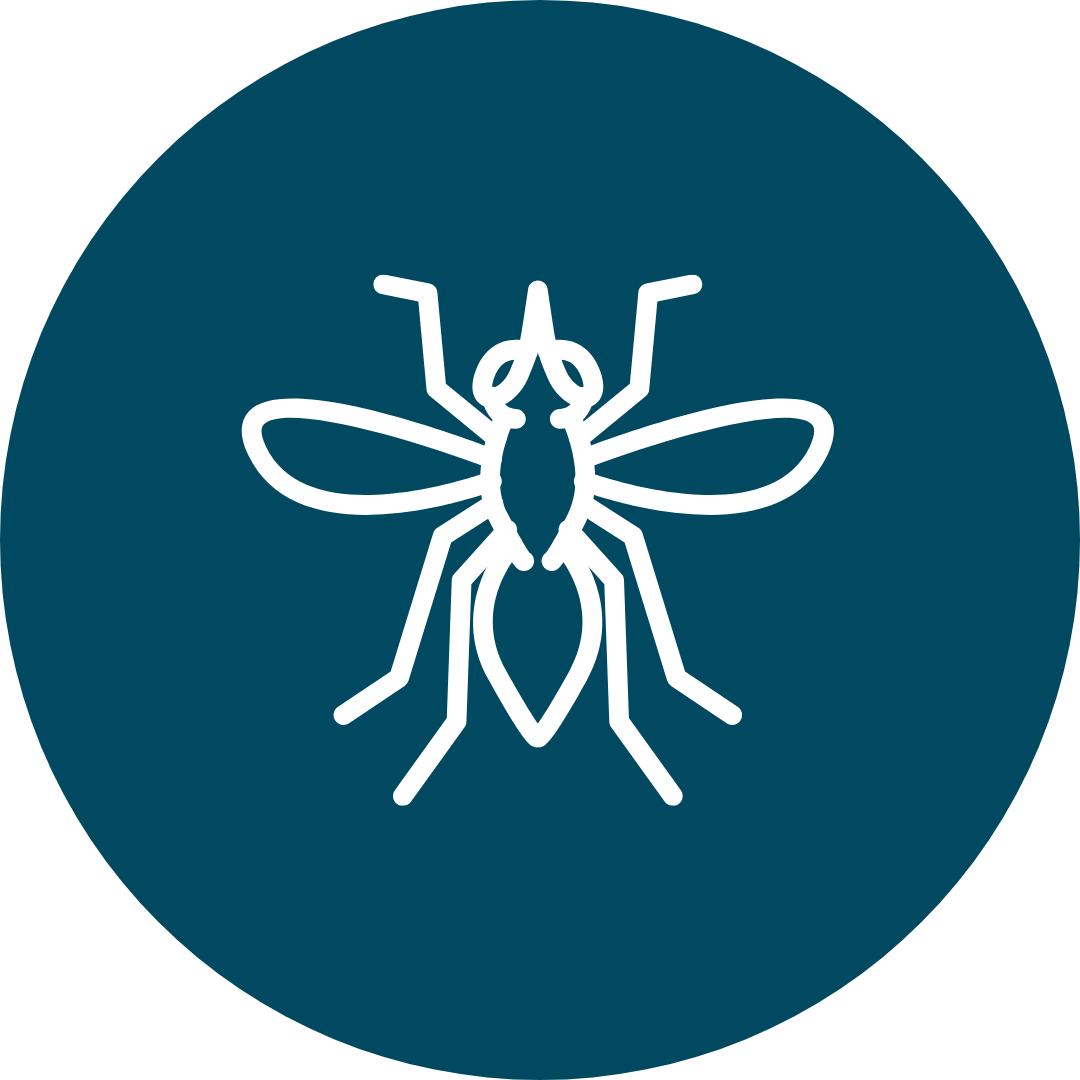
Our vision:
A safe and healthy Kitsap County for all.
Tobacco & Vapor Product Laws
Data Dashboards

Creating a Healthy Home
Most of us spend more time at home than anywhere else. Our homes can have a big effect on our physical and mental wellbeing. Click the buttons below to learn different ways to help your home stay safe and healthy.

Rodents and Other Pests
Health effects: Pests can carry diseases that can make humans sick, as well as cause allergic reactions.
Prevention tips:
-
Keep your living and cooking areas clean. Rodents are more likely to be in homes that have food crumbs, scraps, and spills on their floors and counters.
-
If rats or other rodents are already in your home, make sure that all of your food is stored in pest-proof containers.
-
Keep crawl spaces, vents, cracks, and spaces under doors sealed.
-
If you have birdfeeders, store birdseed in rodent-proof containers. Clean up any birdseed that has spilled onto the ground.

Bedbugs
Health effects: Bedbugs in your home can cause allergic reactions to bites (like itchiness). Bedbugs are frustrating and can cause stress, but they are not known to carry diseases that make humans sick.
Prevention:
-
When traveling, inspect sheets and mattresses for signs of bedbugs (reddish stains, bedbug feces or eggs). Do not stay in a room if you think it has bedbugs.
-
Inspect secondhand furniture for bedbugs before bringing it into your home.
-
If there are bedbugs in your home, tumble-dry all clothes and bedding on the "high" setting to kill bedbugs. Vacuum carpets and rugs to capture any stray bedbugs.

Indoor Air Quality
Health effects: Poor indoor air quality impacts everyone, especially children, older adults, and people with health problems like asthma or heart disease.
Prevention:
-
Improve air circulation by opening windows (when the weather permits) and turning on ceiling fans.
-
Use HEPA filters to filter out bad air quality.
-
Choose gentler, less toxic, and unscented cleaning products.
-
Avoid storing chemicals (paints, fuels, etc.) in your home, or store them in the smallest possible amount and in sealed containers.

Smoke and Carbon Monoxide
Health effects: Smoke, fire, and carbon monoxide can be deadly household hazards.
Prevention:
-
Install at least one smoke detector on each level of your home, as well as in every bedroom. Install at least one carbon monoxide detector on each level of your home.
-
Regularly test smoke and carbon monoxide detectors to ensure that they are working properly.
-
Have fire extinguishers and know how to use them.
-
Have an escape plan.
-
Regularly clean your chimney/flue to prevent the buildup of flammable residues.
-
Do not use barbeques or gas ovens to heat your home.
Smoking in Public Places (SIPP) Law
The Smoking in Public Places Law (SIPP) law, passed in 2005:
Bans indoor smoking in public places and places of employment;
Requires that hotels and motels have 75% of their rooms designated non-smoking rooms;
Requires that people who smoke outside of buildings must stay 25 feet away from doors, open windows, or air intake panels.
The SIPP law requires every local public health district to enforce the law and educate businesses and employers about the law so they know how to comply with it.
Vaping in Public Places (VIPP) Rules
Beginning on June 7, 2016, the use of vapor products is prohibited in any indoor public spaces. The use of vapor products within 25 feet from entrances, exits, windows that open and ventilation intakes that serve an enclosed is also prohibited. NOTE: See exemptions for vapor product retailers in 4.B of the ordinance).
Frequently Asked Questions
What happens if I file a complaint?
We investigate every complaint. If we confirm that a business has violated the regulations, we’ll issue them a notice to comply and an opportunity to correct the situation. If they refuse to comply, they may be subject to further legal action and penalties.
Do businesses need to post signs?
Yes, all businesses are required to post “No Smoking/Vaping” signs at each and in prominent locations around the business. Signs should be clear and easy to read and understand.
What if customers complain or refuse to put their cigarette out?
The owner, manager, or other person in charge at a business is responsible to make sure laws are followed. They must remind customers about the law and explain that customers must go 25 feet away from the doorway, windows, or air intake vents to smoke or use vapor products.
What about parking lots or the sidewalk?
Generally, parking lots, sidewalks and public streets are not considered part of a business’ responsibility. However, businesses are responsible to make sure that people smoking or vaping outside their business are not within 25 feet of doors, windows, or air intake vents. Businesses need to ensure that their employees don’t need to “pass through” smoke or vapor to enter their workplace or during the course of their job.
Can a business be “exempt” from this law and still allow smoking?
A business can apply with us for an exemption to the 25-foot rule if they can show clear and convincing evidence that the unique circumstances of their business’ entrances, exits, windows, and air intakes mean smoke will not get back into the building at a distance less than 25 feet. Businesses cannot claim an exemption on the basis of their clientele, type of business, or for any other reason.
Exemptions also exist for vapor product retailers. See section 4.B in the ordinance.
Can you still smoke in a private club?
The Washington State Attorney General’s office has declared that if a private club has employees, smoking is prohibited, regardless of whether the employees are club members or not. The owner of a smoking club is considered an employee.
Can you still smoke or vape in outdoor areas such as fairgrounds, or stadiums?
The law focuses on indoor air and, for the most part, outdoor areas are not covered. However, structures inside fairgrounds or stadiums could be subject to the law if they are sufficiently enclosed.
Can you still smoke or vape in apartment buildings?
Since the apartment is a private residence, the laws do not apply - including balconies and common garden areas. However, if the rental management has an office space in the complex and employs staff, smoking and use of vaping products is illegal in areas where staff members are working or walking through.
What if you have employees in a private residence?
If someone in a home is receiving services from a home health care worker or visiting employee of a social services agency, then residents should not smoke or use vaping products in the home while the worker is there.
Can a business sell tobacco or vapor products to minors?
Washington law forbids sales of tobacco and vapor products to people aged 20 and under. The law requires monitoring of retailers' compliance with this law by the Washington State Liquor and Cannabis Board.
How can I learn more about vapor product laws?
In 2016, the Washington State Legislature passed a vapor product law that requires vapor product licenses for retailers, distributors, and delivery sellers. The law bans open displays, includes tasting and couponing restrictions, and lists requirements for child-resistant packaging and labeling. The law regulates all vapor products, regardless of if they contain nicotine, and is intended to provide Washingtonians with consumer protection, child safety, and eliminating youth access.
Information on RCW 70.345 is available on the Washington State Liquor and Cannabis Board website.
Who regulates tobacco?
The Food & Drug Administration’s (FDA) 2009 Tobacco Control Act regulates the manufacture, distribution, and marketing of tobacco products. The FDA began prohibiting free samples of all products that contain nicotine or tobacco. The FDA has also extended its regulation to cigars, hookah tobacco, and pipe tobacco.
Read the FDA’s Retailer Overview of FDA Regulations for Selling Tobacco Products.











.png)
